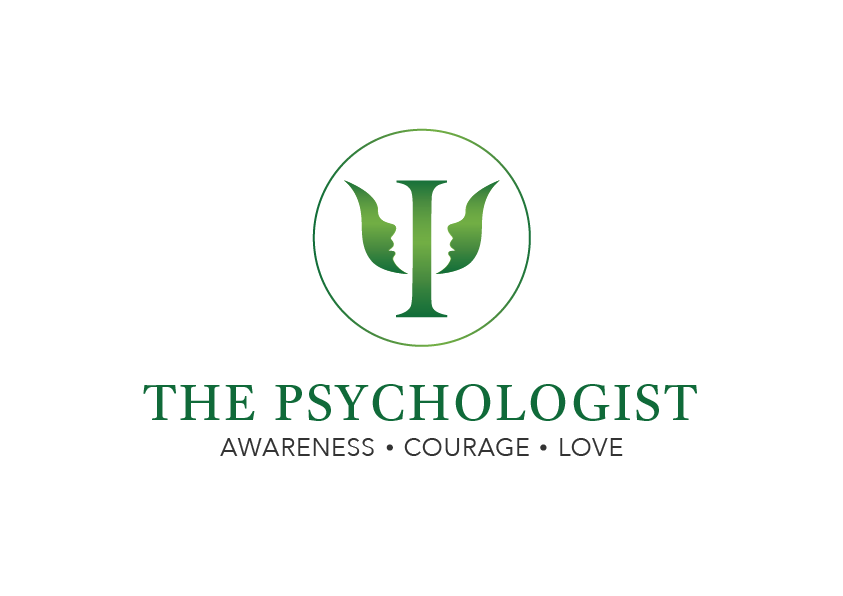Sleepless in Singapore: Understanding Insomnia and Finding Your Way Back to Rest
For Joanna, a 42-year-old working mother in Singapore, bedtime had become a nightly ordeal. What began as occasional difficulty falling asleep soon evolved into waking up multiple times during the night, followed by drowsy, irritable mornings. “I was tired, but wired,” she said. “Even when the kids were asleep and the house was quiet, my mind wouldn’t rest.”
Joanna is not alone. In bustling Singapore, where the pace is relentless and expectations run high, insomnia is quietly becoming one of the most common yet under-recognised health concerns. According to HealthHub, many Singaporeans struggle with sleep at some point in their lives, with up to one in three experiencing symptoms of insomnia.
What Is Insomnia?
Insomnia is more than just having trouble falling asleep. It includes difficulty staying asleep, waking too early, or experiencing non-restorative sleep, leading to daytime fatigue, poor concentration, mood swings, and a reduced quality of life. When sleep issues persist for at least three nights a week over three months, it may be diagnosed as chronic insomnia.
Often, insomnia starts with a trigger, a stressful project, relationship tension, or health condition. For some, it becomes a cycle: the fear of not sleeping causes more anxiety, making sleep even harder to achieve.
Why Insomnia Matters
Sleep isn’t a luxury. It’s a biological need. Persistent sleep difficulties are linked to mental health conditions such as depression and anxiety, cardiovascular problems, lowered immunity, and even cognitive decline.
In Singapore’s high-achieving society, sleeplessness is often dismissed as part of the grind. But over time, insomnia silently chips away at our ability to be present, productive, and connected. Insomnia affects not just individuals, but also their families, workplaces, and communities.
Causes and Risk Factors
Insomnia can stem from a range of issues:
Psychological stress and anxiety
Irregular sleep schedules
Poor sleep habits (e.g., late screen time, caffeine)
Medical conditions like chronic pain or hormonal changes
Substance use, including alcohol, nicotine, and some medications
It is also more common in older adults and women, and those with a family history of sleep disorders.
Treatment and Support
The good news? Insomnia is treatable.
Cognitive Behavioural Therapy for Insomnia (CBT-I) is widely recognised as the gold standard treatment, helping individuals reshape unhelpful thoughts and behaviours around sleep. Medication may offer short-term relief but is not recommended as a long-term solution due to potential side effects and dependency.
In Singapore, support for insomnia is growing. Resources such as sleep clinics, mental health professionals, and online sleep hygiene tools are more available than ever. At The Psychologist, we combine clinical expertise with a deep respect for each individual’s journey, working with clients to understand the roots of their sleep challenges and restore meaningful rest.
Self-Care and Coping Strategies
If you’re struggling with sleep, here are some starting points:
Stick to a consistent bedtime and wake time, even on weekends
Create a calming bedtime routine, dim lighting, reading, or gentle music
Limit caffeine and screen use, especially in the evening
Address worries early, through journaling or problem-solving before bed
Avoid clock-watching, which only heightens anxiety
It takes awareness to notice when something’s not right, courage to seek help, and love to prioritise your well-being.
Insomnia doesn’t have to be a silent struggle. With the right support, restful sleep is possible. To speak with a trusted psychologist, reach out via the contact page below. We're here to journey with you, one night at a time.
